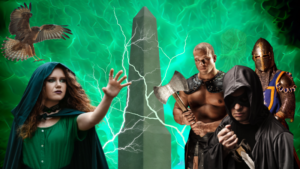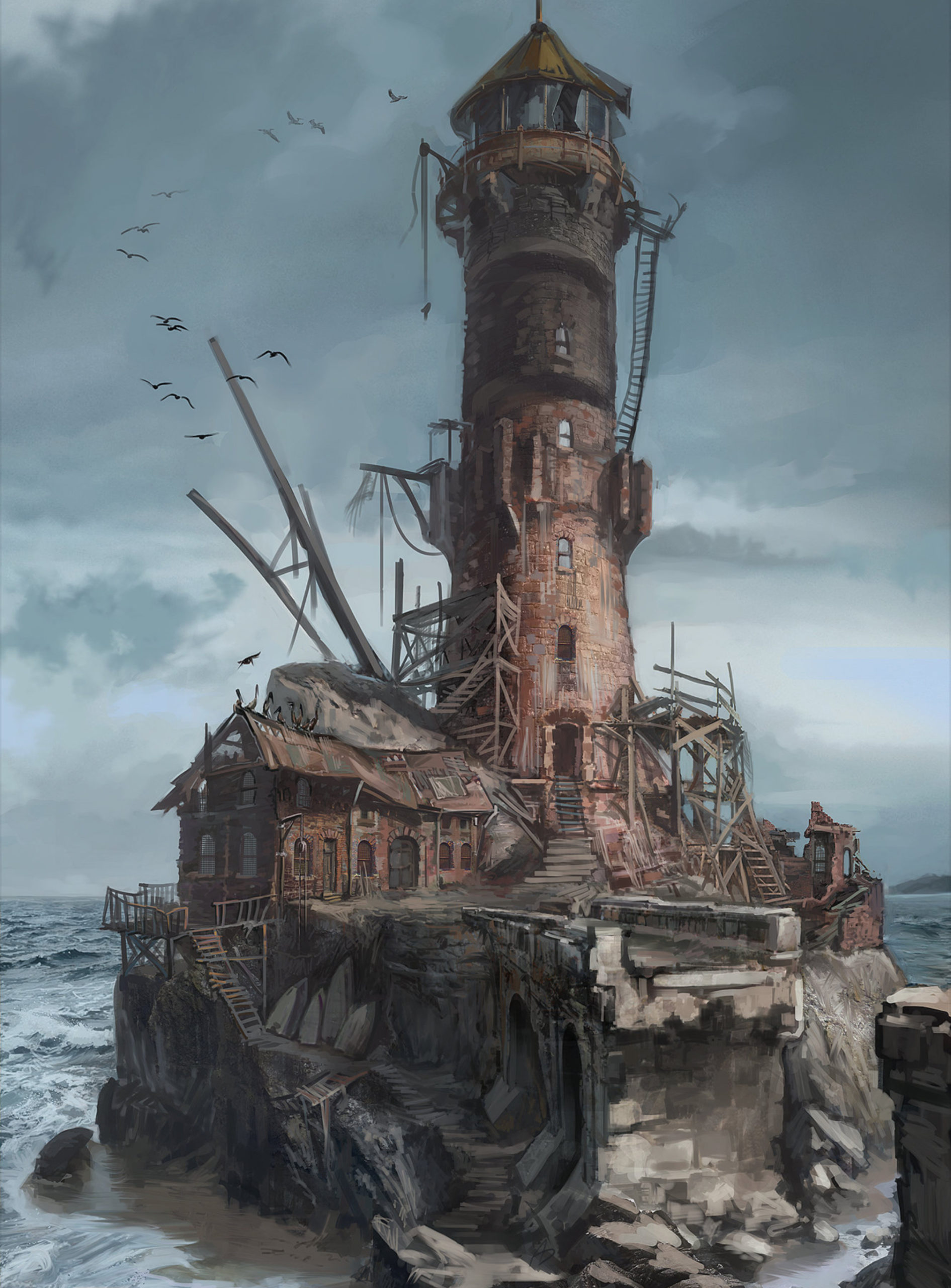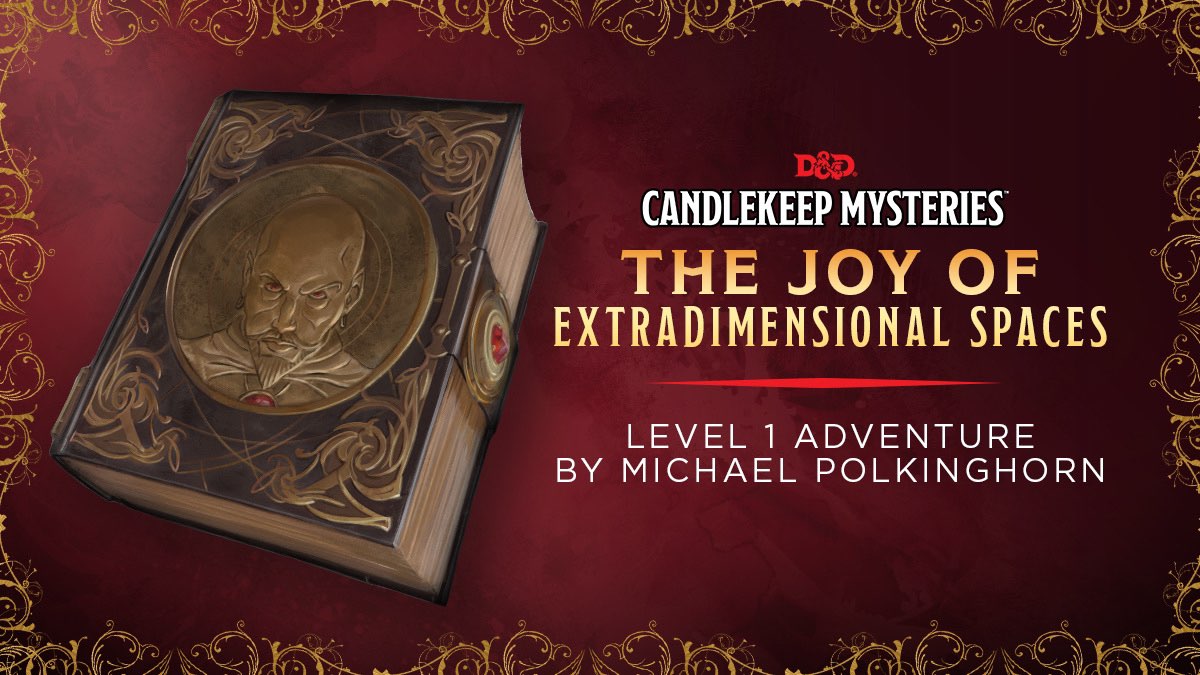The Dungeons & Dragons roleplaying game is about storytelling in worlds of swords and sorcery. It shares elements with childhood games of make-believe. Like those games, D&D is driven by imagination. It’s about picturing the towering castle beneath the stormy night sky and imagining how a fantasy adventurer might react to the challenges that scene presents.
Unlike a game of make-believe, D&D gives structure to the stories, a way of determining the consequences of the adventurers’ action. Players roll dice to resolve whether their attacks hit or miss or whether their adventurers can scale a cliff, roll away from the strike of a magical lightning bolt, or pull off some other dangerous task. Anything is possible, but the dice make some outcomes more probable than others.
D&D Player’s Handbook, 5th Edition
Playing D&D is an exercise in collaborative creation. You and your friends create epic stories filled with tension and memorable drama. You create silly in-jokes that make you laugh years later. The dice will be cruel to you, but you will soldier on. Your collective creativity will build stories that you will tell again and again, ranging from the utterly absurd to the stuff of legend.
If you don’t have friends interested in playing, don’t worry. There’s a special alchemy that takes place around a D&D table that nothing else can match. Play the game with someone enough, and the two of you are likely to end up friends. It’s a cool side effect of the game.
Mike Mearls, D&D Player’s Handbook, 5th Edition
This article is unofficial Fan Content permitted under the Fan Content Policy. Not approved/endorsed by Wizards. Portions of the materials used are property of Wizards of the Coast. ©Wizards of the Coast LLC.




Nice post. I learn something new and challenging on websites I stumble upon on a daily basis. It will always be helpful to read through content from other authors and practice a little something from their websites.